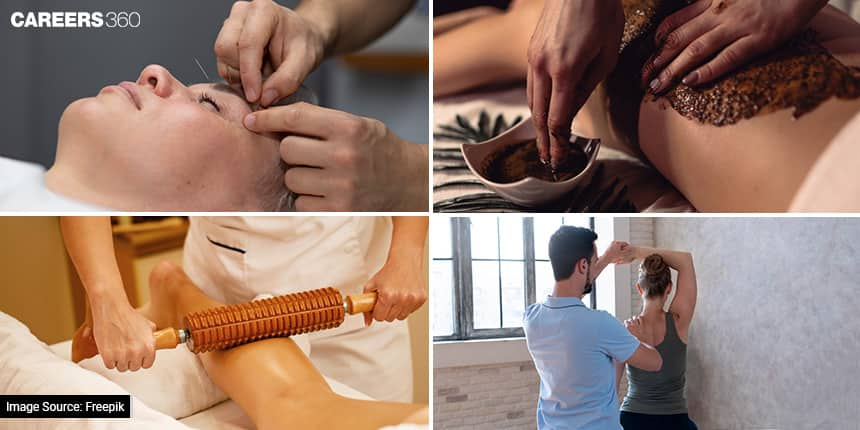Naturopathy: A Career In Alternative Medical Science
Through an exclusive conversation with Dr Kayelarasi, a specialist in naturopathy, we dive into a new and unique profession in medical sciences. Naturopathy is an alternative form of healthcare that focuses on individualised treatment regimens, overall well-being, and the healing power of nature. Also, how is it different from other fields of medicine?

Dr Kayelarasi who is an assistant medical officer at Government yoga and naturopathy medical college and hospital, Chennai, outlines the individualised character of naturopathic treatments, highlighting the need for understanding individual needs and modifying treatments to meet their requirements. She tells us what is the scope and career options of this field.
Let’s get insightful information about what a naturopathic practitioner does.
Dr Kayelarasi
I have done my Bachelor of Naturopathy and Yogic Science (BNYS) from JSS Institute of Naturopathy and Yogic Sciences, Coimbatore, and post graduation (MD) from Government Yoga and Naturopathy Medical College, Chennai.
I treat patients with noncommunicable diseases and lifestyle-related problems like diabetes, hypertension, thyroid, etc. I also teach undergrad students who study naturopathy and yoga (BNYS COURSE). For a professional like me, working hours are from 10 am to 5 pm and the average salary per month is Rs 80,000.
Initially, the course wasn’t approved by many family members, as they weren't aware of its scope, but now they accept it. Working here is an extremely satisfying, enriching, and enjoyable job to heal patients. During my tenure of about five years, I have gained hands-on clinical knowledge and also understood the importance of physical fitness and mental health. Also, it is astonishing for me that not just the patients but also the students who opted for this course also get benefits, as following a healthy diet and performing activities like yoga are part of the course itself, because of which students get to maintain a healthy lifestyle.
I believe it is a much needed medical profession to help patients through holistic approaches such as yoga sessions, personalised diet regimes, and counselling for overall lifestyle changes. It is also a drugless medical system, unlike other medical subfields like Unani, Allopathy, and Homoeopathy, where we don’t prescribe any medicine. In naturopathy, we treat through natural therapies and lifestyle changes, such as for pain in the body, we have acupuncture and various massage techniques, and also prescribe personalised diet plans. It continues to be patient-centric instead of disease-centric, which overall makes it different from other alternatives of medical treatment.
Also Read - 5 Questions To Ask yourself before joining medical school
Most patients come to us after trying every medium of medicine, especially those suffering from chronic and non- communicable conditions such as heart diseases, obesity, diabetes, and PCOS, which are more prevalent nowadays. In these conditions, we generally change their diet, suggest physical activities, and first try to destress them such as for diabetes we give cold hip bath and yoga sessions. There are various other healing methods available in naturopathy, such as Mud Therapy, Hydrotherapy, Acupuncture, Acupressure, Magnetotherapy, Heliotherapy, Chromotherapy, Aromatherapy, fasting, and massage, through which we try to heal and destress patients. After receiving proper treatment, they themselves experience life-changing moments as we deal with the most prominent root cause of the disease, i.e., stress.
Moreover, I suggest students who are pursuing the same profession can work as doctors, become teachers, do business via clinics or online platforms, and they can also become researchers. Additionally, there are opportunities abroad for yoga, acupuncture, and other natural treatments in naturopathy.